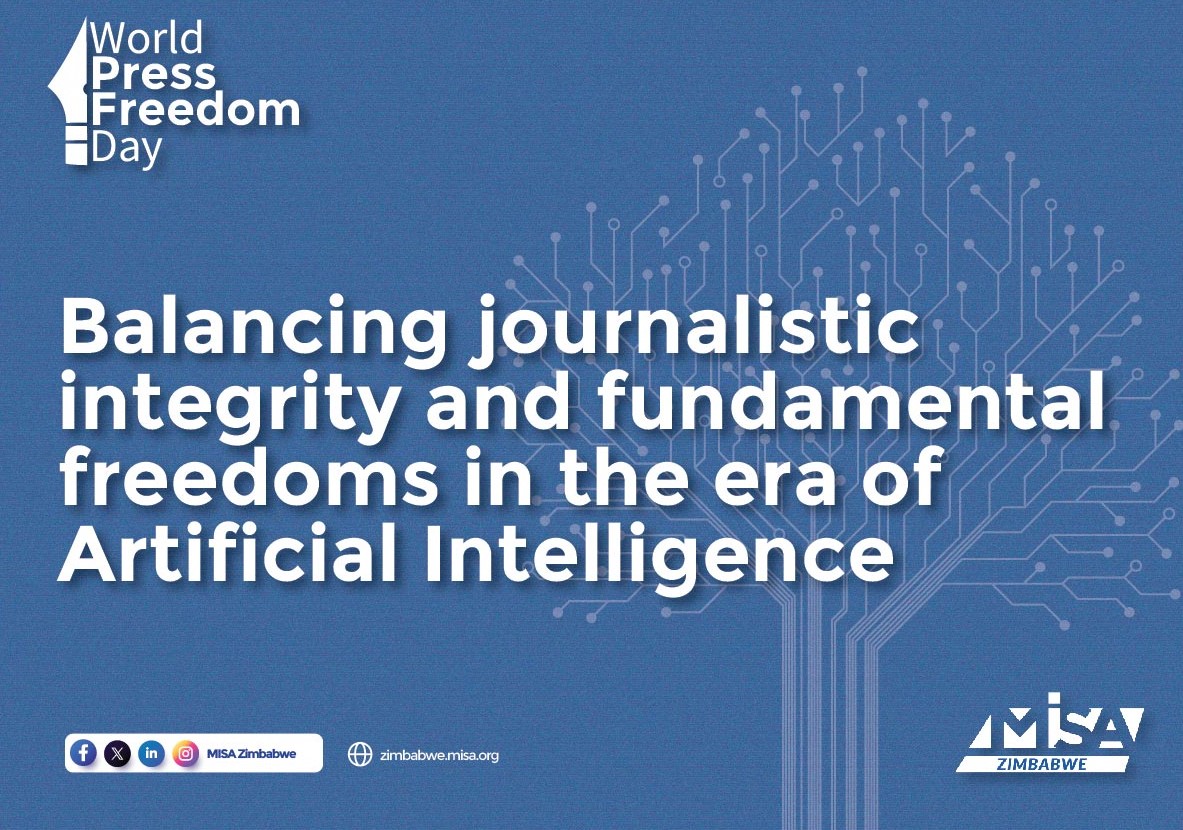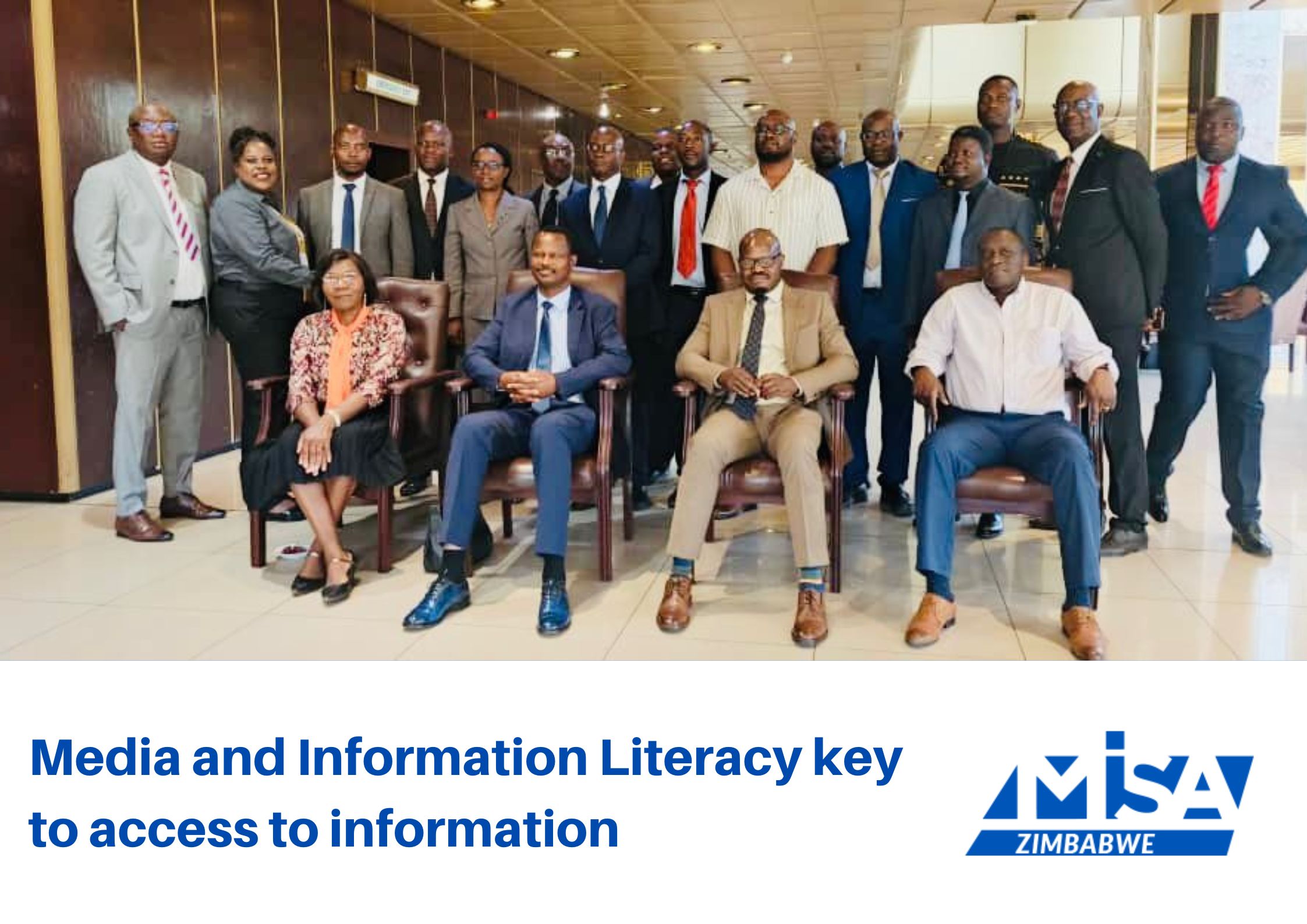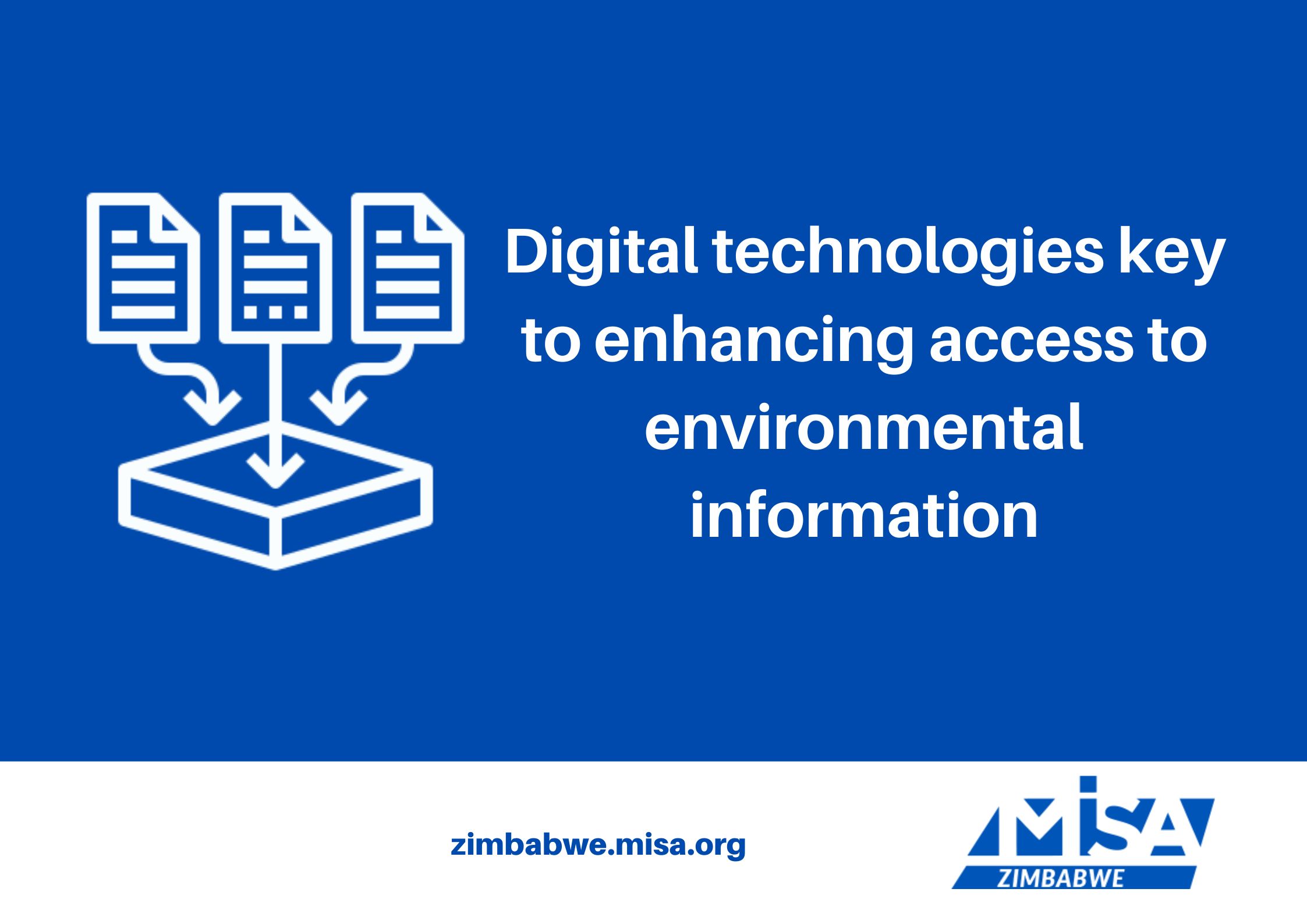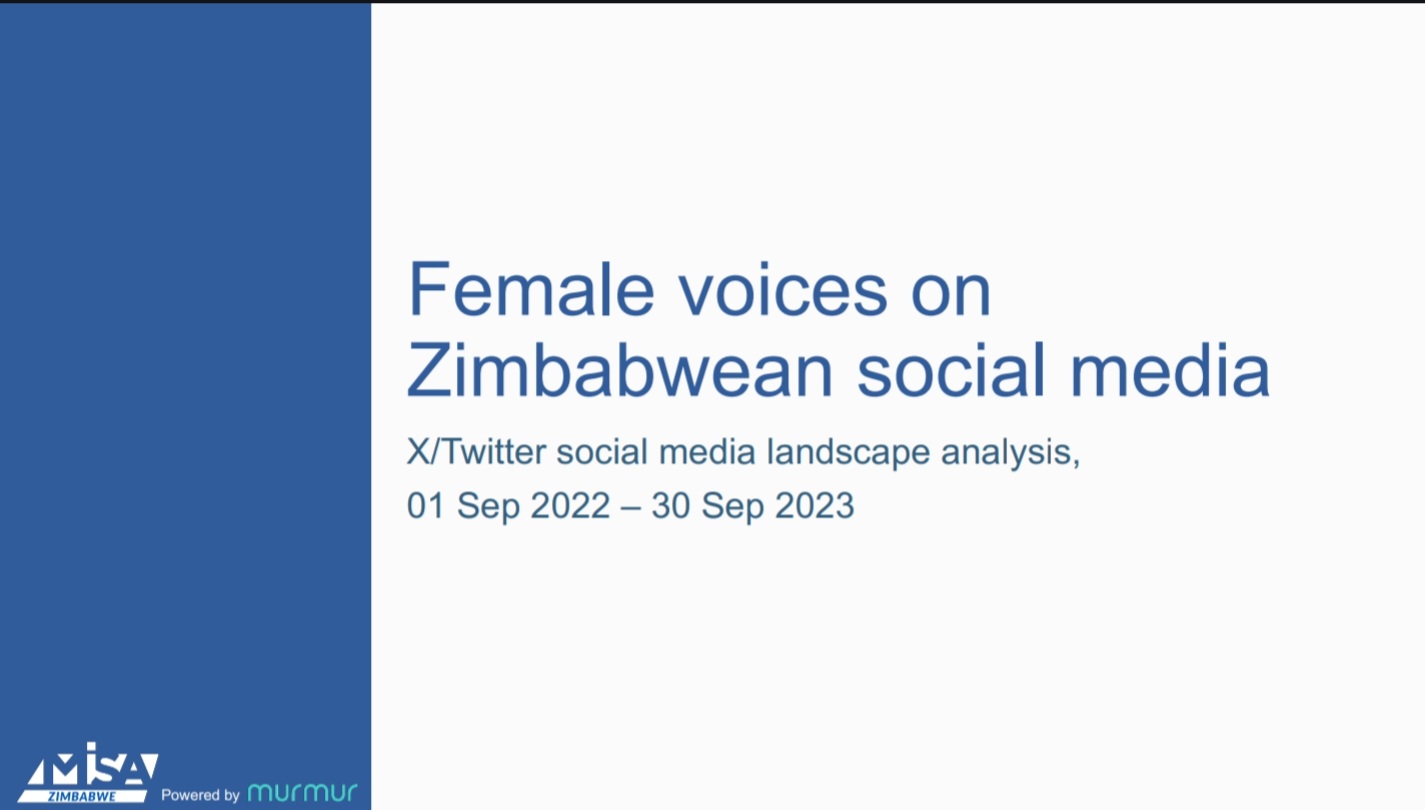This year’s World Press Freedom Day theme: Reporting in the Brave New World – The Impact of Artificial Intelligence on Press Freedom and the Media, comes at a time when AI is increasingly becoming the tool of choice in the media sector and newsrooms.
The commemorations and theme provide Zimbabwe with a significant opportunity to reflect on and evaluate its progress towards fully embracing AI as a tool for socio-economic development and prosperity, in light of the country’s mantra: Leaving no one and no place behind.
Undoubtedly, a well-resourced and tech-savvy media plays a critical role in ensuring socio-economic development and entrenching citizens’ right to access vital information that fosters transparency and accountability in real time.
This is vital as AI becomes increasingly prevalent in mass media and newsrooms, impacting content creation, media consumption, and journalism itself.
While AI presents exciting potential to transform journalism through tools that enhance investigative reporting, content creation, and fact-checking, its integration also brings significant challenges and ethical considerations.
These include serious risks such as amplified misinformation, suppressed dissent, and the potential to globally disadvantage and drive smaller media outlets into oblivion. Deepfake technology, which uses AI to create realistic but fabricated images, videos, and audio, poses a particularly significant threat.
In saying this, we should be very mindful that the role of traditional media is changing as big tech increasingly controls access to audiences and publishers.
This trend, which began with search engines and social media platforms collecting large amounts of user data, has put them at the forefront of AI development.
Consequently, consumption patterns have shifted as the rise of social media platforms increasingly blurs the lines between entertainment and education while decreasing traditional news consumption.
This shift has affected funding for investigative reporting, as audiences move towards quicker, less expensive content that can compromise accuracy and objectivity.
Suffice to say, the intersection of AI and press freedom in Africa is complex. The region faces challenges, including limited access to AI resources and technologies, language barriers, and the dominance of Western AI models.
This worsens the divide between large media houses and smaller community-based outlets.
In that regard, media stakeholders should urgently address the following critical issues which include:
- AI’s dual role in journalism: Explore how AI improves content creation while simultaneously heightening the risks of misinformation and algorithmic bias.
- Ethical governance of AI: Crafting global frameworks to ensure that AI tools respect human rights and uphold press freedom.
- Legal and regulatory reform: Reforming current laws, especially those related to copyright and defamation, to tackle the challenges presented by AI-generated content.
In conclusion, as we commemorate World Press Freedom Day 2025, MISA Zimbabwe believes that AI represents a critical juncture for the future of journalism.
While AI offers transformative tools for enhancing media practices, it also presents profound challenges. The rise of AI necessitates a careful examination of its dual role in journalism, particularly in Africa, including Zimbabwe, where access to these resources is uneven.
The ethical governance of AI is paramount, requiring global frameworks that prioritise human rights and safeguard press freedom.
As traditional media evolves and social media reshapes consumption patterns, vigilance against misinformation and the protection of journalistic integrity become critically important.
There is a need for new regulations to address sticky issues such as deepfakes, algorithmic bias, and accountability of AI systems.
MISA Zimbabwe 2025 World Press Freedom Day Statement
Passmore Kuzipa
Chairperson
MISA Zimbabwe













